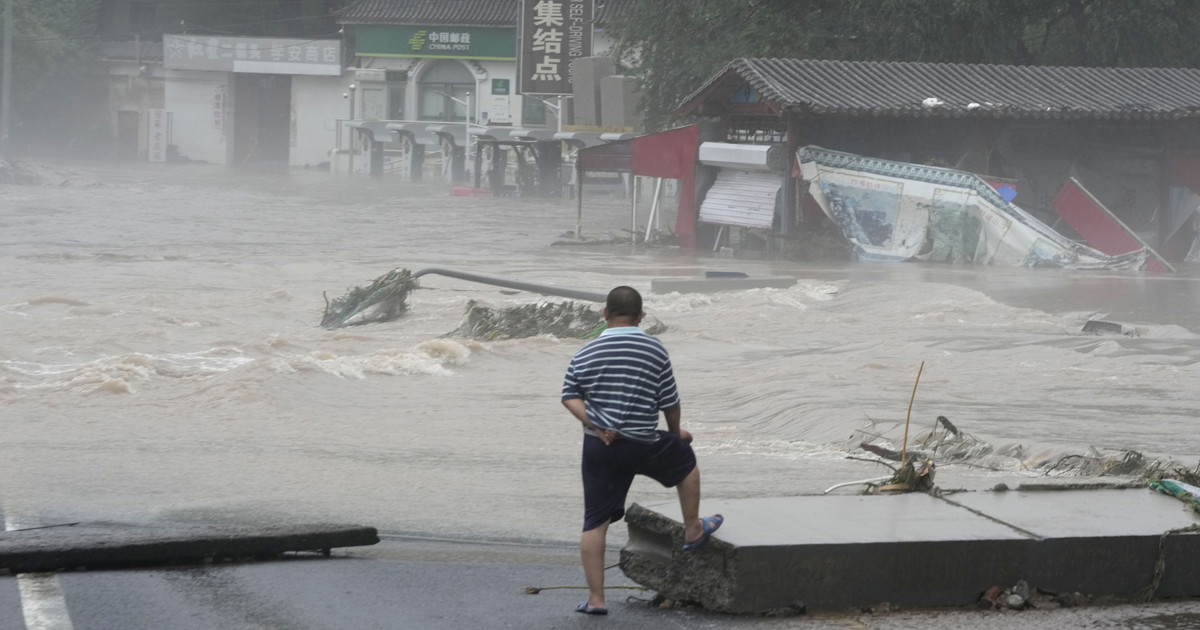A significant number of environmental issues are regulated by the bill submitted by the Ministry of Internal Affairs, which, among other things, includes provisions for the following:
Simplification of the environmental licensing and controls process, simplification of land uses, regulation of O.F.Y.PE.K.A. issues. and Green Fund, issues of forest maps and permitted uses in forests/forest lands.
Also included are provisions regarding the regulation of circular economy issues, as well as the strengthening of the Fire Brigade.
Amendments to the permitted land uses in the zones of protected areas of the Natura 2000 network
The amendments aim at supplementing, simplifying and clarifying land uses and at technical corrections. The main differences in terms of permitted uses per zone are:
1. Zone of absolute protection of nature
All anthropogenic activity is prohibited, except for free grazing and recreational fishing, which are at the scholar’s discretion. Free grazing and recreational fishing may be prohibited if deemed necessary to ensure the integrity of the area in terms of its ecological functions.
2. Nature protection zone
The restriction that roads, etc. be exclusively for “serving the protection and optimal management of the protected object” is removed (this restriction is maintained only for the residence). Camping and children’s field trips are allowed. It is possible to install RES projects. Rock climbing, horse riding, caving, river rafting, paragliding or hang gliding are all allowed. Projects to prevent or deal with the salinization of underground water or soils, protection projects against erosion, landslides and soil support and projects related to the restoration and improvement of water reserves are allowed. Floating infrastructure and water recreation facilities are permitted.
3. Habitat and species conservation zone
The individual restrictions are abolished (refreshments of 100 sq.m., tourist accommodation up to 150 beds, etc.), as these can be instituted by Presidential Decree (P.D.).
The provisions that allowed uses only in the planned areas are repealed. “electricity generating facilities” is added with the exception of “fossil fuel electricity generating facilities”. Individual restrictions on permitted special uses are removed. The ban on residence in non-planned areas is lifted. The possibility of creating a conditional tourist facility is specialized.
Rock climbing, horse riding, caving, river rafting, paragliding or hang gliding are all allowed. Certain uses which, with the existing provisions, were pre-horizontal exclusively for the areas within the plan are abolished.
4. Zone of sustainable management of natural resources
The horizontal prohibition of a series of special uses that were related to areas within a plan is removed. Activities such as rock climbing, horse riding, caving, river rafting, paragliding or hang gliding are also allowed.
For all the zones, mild water recreation, hiking, mountain climbing, etc. are allowed, which are currently prohibited in all zones, except for the Sustainable Natural Resource Management Zone.
Lighthouses and military installations are sited, where required, to serve navigation and national defense respectively.
Exemption from environmental licensing
The procedure for exempting specific projects (for national defense purposes and civil protection emergencies) from the usual environmental licensing procedure (subject to conditions) is modified in compliance with relevant observations of the European Commission.
Arrangements of environmental licensing issues to reduce red tape
Issues for the environmental licensing of projects in case of modifications are regulated, with the aim of reducing bureaucracy. For example, it is possible for the first time to simply update the file of an environmentally licensed project in case of small-scale changes.
Arrangements for the resolution of urban planning and zoning issues
Important issues such as the process of demarcation of watercourses are resolved. The procedures are facilitated to ensure the required financial tools to support the country’s environmental policy, through and the transformation of six cities in Greece that have been selected in the European program highlighting the transition of 100 European smart cities to climate neutrality by 2030. Simplifying the procedures for the construction of public utility projects and projects in areas under urban development by expediting the overall approval of the Regional Implementation Plan.
Issues of coverage to support agriculture and animal husbandry are being resolved. Concepts that until now have an unclear content are defined, such as those of “Carrying Capacity” and “Energy Insulators”. The validity of building permits is extended given the impossibility of implementing them due to the unexpected circumstances that took place or continued to take place during the last year.
Other predictions
Issues related to the process of determining the recipient of treated municipal or industrial wastewater are simplified and resolved in order to reduce bureaucracy. It is possible for certified EIA assessors to be paid directly by the project operator, without the mediation of the Green Fund. Technical issues related to environmental controls and administrative sanctions for environmental violations are regulated.
Forest Provisions
The procedures for recording the character of the lands on the forest maps are accelerated, through the definition of appropriate administrative bodies and the definition of their responsibilities, the more efficient execution of autopsies and the examination by special bodies of pending cases.
The possibility of correcting obvious errors in sanctioned maps in cases of photo interpretation or technical errors is introduced.
In order to strengthen tourism, the existing framework for the already approved interventions within forested areas is clarified, so that there is a possibility of expanding the tourist facilities, under the special conditions laid down in the law.
Law on single-use plastics
Arrangements are being made that aim to establish more effective controls for compliance with national and EU legislation.
The competent control authorities for single-use plastics are redefined. The main change is the assignment of control of single-use plastic retail outlets to the Interagency Market Control Unit (DIMEA).
Sanctions and fines for violations of the law on single-use plastics (to producers of plastic products or natural persons) are regulated. The purpose is to align them with the provisions of the framework law for waste management.
It is planned to strengthen the separate waste collection system.
Finally, an annual expense is foreseen from the payment of a monthly risk allowance, amounting to 141.92 euros, to the permanent firefighting personnel who serve in the Special Units of Forestry Operations (E.MO.DE.). Meanwhile, manpower is being strengthened in the dangerous areas where increased measures are required by the forest services during the fire fighting season.
Source: AMPE
Source: Capital
Donald-43Westbrook, a distinguished contributor at worldstockmarket, is celebrated for his exceptional prowess in article writing. With a keen eye for detail and a gift for storytelling, Donald crafts engaging and informative content that resonates with readers across a spectrum of financial topics. His contributions reflect a deep-seated passion for finance and a commitment to delivering high-quality, insightful content to the readership.






